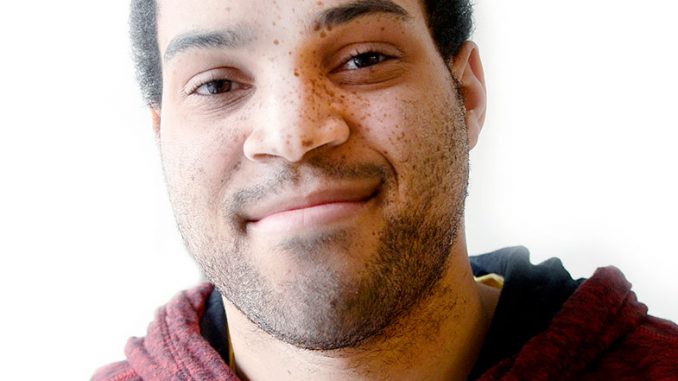
 The silence became tangible as if time had stood still.
The silence became tangible as if time had stood still.
The walls were clad in framed pictures of alumni on St. Joseph’s campus, and a recorder on a coffee table with a wood finish became invisible – before a man who had lost the job he had given his all for decided to stop mincing words.
Former baseball coach Ryan Wheeler crossed his legs, scratched at his nose and gazed off into the distance, breaking the elongated silence with three candid words.
“It still hurts.”
Nearly a year after Athletic Director Kevin Clark and his athletic administration stripped baseball, softball, men’s indoor and outdoor track & field and men’s gymnastics of their Division I sponsorships, I spent many evenings speaking with coaches and athletes who had lost their jobs, their educations, their salaries and their homes.
For Wheeler, the end of an era has been seared into his brain.
“Thinking about it now, it still brings back some thoughts,” Wheeler told The Temple News last September. “I’m not sure how I made it through, but I kept it together as the season ended and I addressed the team afterward and I’m not sure how I kept it together then either. That was it. It was over.”
The athletic department has grown in its first year following the cuts. It has implemented facility upgrades, improvement in scholarship funding and – most importantly – one of the biggest revenue sports turnarounds in the country.
It has been a year to remember for the athletic department, but I can’t help but remember more than just a Madison Square Garden trip or dreary Halloween weekend when the football team made history against Top 25 East Carolina.
National headlines featured stories of the men’s basketball team beating then-No. 10 Kansas at the Wells Fargo Center in front of 11,188 fans.
Those moments resonate, they are the compelling instances that make sports so appealing. But the moments that have shifted to the forefront of my memories of this year’s athletic campaign have been the powerful words of Wheeler, the story of long-time gymnastics coach Fred Turoff, and the sadness of former baseball player Reyn Sugai when he said he lost the perfect combination of athletics and education by leaving Temple to play baseball at a university that still sponsored a team.
Turoff, who coached the men’s gymnastics team at the Division I level for 38 years, spent his final six months on the job fighting back, without avail.
Citing his team’s academic success as the main reason for its right to stay, Turoff’s squad stayed near the top of the list of teams at the university for the better part of three years before being cut.
“[Our academic success] is something I would like the president to know,” Turoff said to The Temple News last year. “We’re not just an athletic team and we don’t cost them anything. We produce great products. We represent the school well.”
After losing the battle to save the men’s gymnastics team, Turoff now coaches the remaining members as a club and deals.
The magnitude of the sports cuts can be felt in almost every crevice of the current department – it’s the elephant in the room, for some.
“I don’t think anyone is going to adjust to [the men’s track & field teams being cut],” junior sprinter Demeshia Davis told The Temple News in February. “We don’t talk about it just because it hurts, but no one else is talking about it either. No one sheds light on the fact that we still are missing the other half of who we are.”
The department will inevitably roll on, and the question remains how many more jobs, opportunities and potential scholarships could be lost in the process.
While administrators told The Temple News that all of their sports are set to be fully funded with scholarship dollars by the end of the year – meaning they provide the highest-allowed amount of money regulated by the NCAA – men’s and women’s tennis coach Steve Mauro said that those plans were not implemented, and was unsure if they are in store for his program in the future.
“[Extra funding for scholarships] is not in their plans right now,” Mauro said. “Hopefully it will be in the future.”
Next year sets up to be another promising one for the Temple Athletics. The football team will host in-state rival Penn State and Notre Dame at home, and the basketball team will seek a season to put it on the right side of the NCAA tournament bubble.
Those moments may flood the minds of casual fans, but the sad reality is this: the athletic department’s potential for success stands on the backs of the victims of the sports cuts.
EJ Smith can be reached at esmith@temple.edu, 215.204.9537, or on Twitter @ejsmitty17.


Be the first to comment